Weekly Update November 22, 2024
Weekly Update Reminder
State & Federal Developments
MDHHS issues set of MichiCANS TA resources
Over the last week, MDHHS issued a document related to a set of technical assistance resources related to the use of the MichiCANS screener and assessment tool, which can be found here.
Additionally, if your organization needs copies of the CAFAS/PECFAS manual, contact Kim Batsche-McKenzie at Batsche-McKenzieK@michigan.gov.
MDHHS issues intensive care coordination and Wraparound training announcement
Over the last week, MDHHS issued a document related to the Intensive Care Coordination with Wraparound and Wraparound Training.
NIDA invites people with lived/living experience of substance use to join new workgroup, applications due January 10
The National Institute on Drug Abuse is launching a working group to the National Advisory Council on Drug Abuse (NACDA) made up of people with lived or living experience with drug use. The primary purpose of the group will be to advise on ways to enhance and increase meaningful engagement of people with lived or living experience with drug use in NIDA-funded research.
NIDA is seeking workgroup members who identify as having current or former experience themselves with substance use or substance use disorder, or as a family member or caregiver of someone who does. The workgroup will meet for 1-2 hours approximately 3-4 times a year during 2025 and potentially into 2026. Workgroup meetings will be virtual to facilitate broad participation from around the U.S.
More information is available here.
Paid Family Leave Makes A Final Push
Advocates for a paid family leave policy today made one more attempt to inject the proposed policy into the lame duck agenda as legislative Democratic leaders try to figure out what they can and want to get done before the House goes Republican next year.
The Michigan League for Public Policy (MLPP) and Mothering Justice are among those making the final push for working people having access to at least 15 weeks of paid leave for those who are bringing a new child into the family or addressing a family-related illness.
Sen. Erika GEISS (D-Taylor) said on today’s press call that Senate Majority Leader Winnie BRINKS (D-Grand Rapids) is still ironing out the details of what is going to be taken up in lame duck.
“I’m hopeful that this is one of the things that is a priority,” Geiss said. “Hopefully, we’ll know sooner than later what that landscape looks like.”
The Department of Labor and Economic Opportunity (LEO) has recently released two new reports that expose the health, employment and economic impacts of paid family and medical leave programs.
As part of its Poverty Solutions series, the University of Michigan recently released a report that there’s a growing body of evidence that providing at least partial pay for workers to attend to major caregiving responsibilities and to their own medical needs can safeguard the health and economic well-being of workers and their families.
A second report by Patricia STODDARD-DARE reported that paid family leave decreases poverty and reliance on social welfare, increases the labor force, doesn’t affect productivity and has at least a neutral on labor force participation.
Education, Sponsorship & Exhibition
Michigan Trauma Summit
December 5-6, 2024
DoubleTree by Hilton Airport – Grand Rapids, Michigan
Register Here for Pre-Approval
Who Should Attend: This event is sponsored by the adult mental health block grant and the ARPA SUD grant and is intended for persons who serve adults through the mental health and/or substance abuse provider network (PIHP’s/CMHSP’s/SUD and/or their contract agencies) in the state of Michigan (This funding does not include parents (adults) who have children/adolescents served through the CMHSP system). It contains content appropriate for CEOs, COOs, clinical directors, supervisors, case managers, clinicians, and any other clinical practitioners.
This event requires pre-training attendee approval by MDHHS. Pre-registration questions will be asked during registration. MDHHS will review and approve the attendance list. Registration does not guarantee admittance into this training. If you do not meet the criteria for the targeted audience for this training, your registration fee will be refunded, and you will be notified of this. Registration is required and space is limited.
Call for Presentations: CMHA 2025 Winter Conference
Celebrate Abilities…Inspire Possibilities
February 3-5, 2025
Radisson Plaza Hotel – Kalamazoo, Michigan
Submit your proposal here – Deadline November 26, 2024
The conference attracts over 400 attendees. We bring together board members, CEOs, COOs, CFOs, medical directors, clinical directors, case workers, supports coordinators, and children’s supervisors from Michigan CMHSPs and Provider Agencies. We also have strong attendance from others within the public mental health and substance use disorder systems.
Come be a part of this conference by showcasing your agency’s successful programs!
CMHA Events
To search all upcoming CMHAM events, including conferences, trainings and webinars click here.
Great Lakes Mental Health Technology Transfer Center
Great Lakes MHTTC in transition to multi-regional partnership
As Weekly Update readers know, CMHA is the Michigan partner with the SAMHSA funded Great Lakes Mental Health Technology Transfer Center (MHTTC). That partnership provides Michigan’s behavioral health community with access to cutting edge education and training offerings from across the country and the Great Lakes region while also allowing CMHA to expand its catalog of education and training offerings to its members and allies.
On October 1, 2024, the Great Lakes Mental Health Technology Transfer Center (MHTTC) will be transitioning to a multi-region Center, led by the University of Wisconsin (the leader of the Great Lakes MHTTC) and Stanford University.
CMHA will keep you informed as to the role of CMHA in that new partnership and the resources that this new partnership will be able to provide to CMHA members.
After October 1, you will be able to have access to all of the resources developed by the Great Lakes MHTTC at the University of Wisconsin’s website.
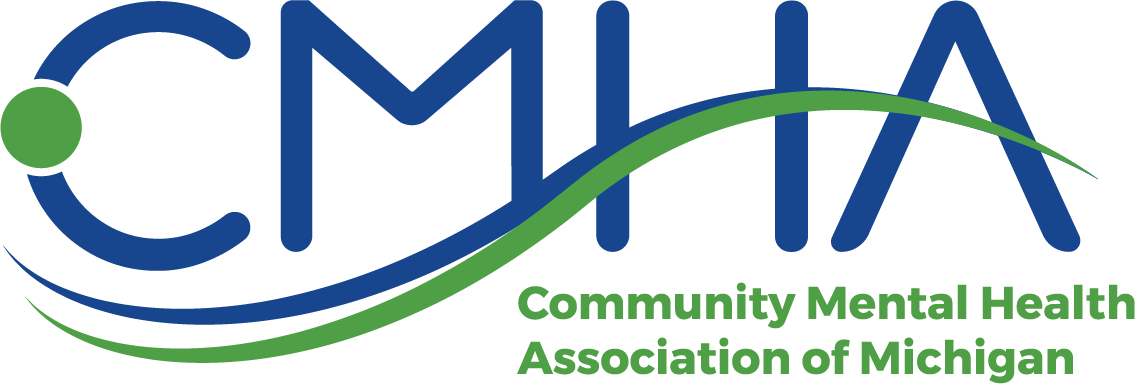

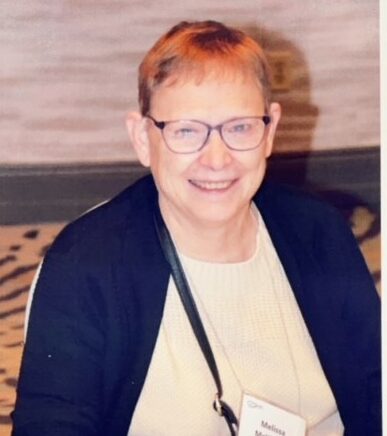 This morning, I was thinking about some of the changes I have seen in the public mental health system in my forty-eight years as a person served. I was trying to decide which change was the most noticeable and had the most positive effect on my life. Was it DBT, changes in how I wrote my PCP, Drop-In Centers or Clubhouses, the closure of sheltered workshops, CBT or something else? While the specific items listed each had a notable impact on my life, it was something else that was the most influential. That change was the introduction of Certified Peer Support Specialists. Master’s Level Social Workers have been and are very important to my treatment and recovery – I would not have survived without their expertise and support. Certain aspects of what I need to grow are out of their realm, however. Exercise classes, money management, writing for recovery, gardening: all enrich my life, and the lives of other persons served, but Social Workers do not provide such services. We depend on Certified Peer Support Specialists for them.
This morning, I was thinking about some of the changes I have seen in the public mental health system in my forty-eight years as a person served. I was trying to decide which change was the most noticeable and had the most positive effect on my life. Was it DBT, changes in how I wrote my PCP, Drop-In Centers or Clubhouses, the closure of sheltered workshops, CBT or something else? While the specific items listed each had a notable impact on my life, it was something else that was the most influential. That change was the introduction of Certified Peer Support Specialists. Master’s Level Social Workers have been and are very important to my treatment and recovery – I would not have survived without their expertise and support. Certain aspects of what I need to grow are out of their realm, however. Exercise classes, money management, writing for recovery, gardening: all enrich my life, and the lives of other persons served, but Social Workers do not provide such services. We depend on Certified Peer Support Specialists for them.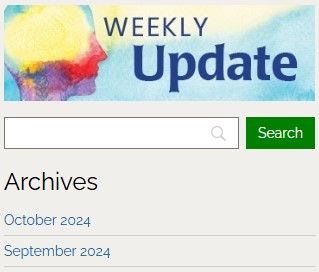

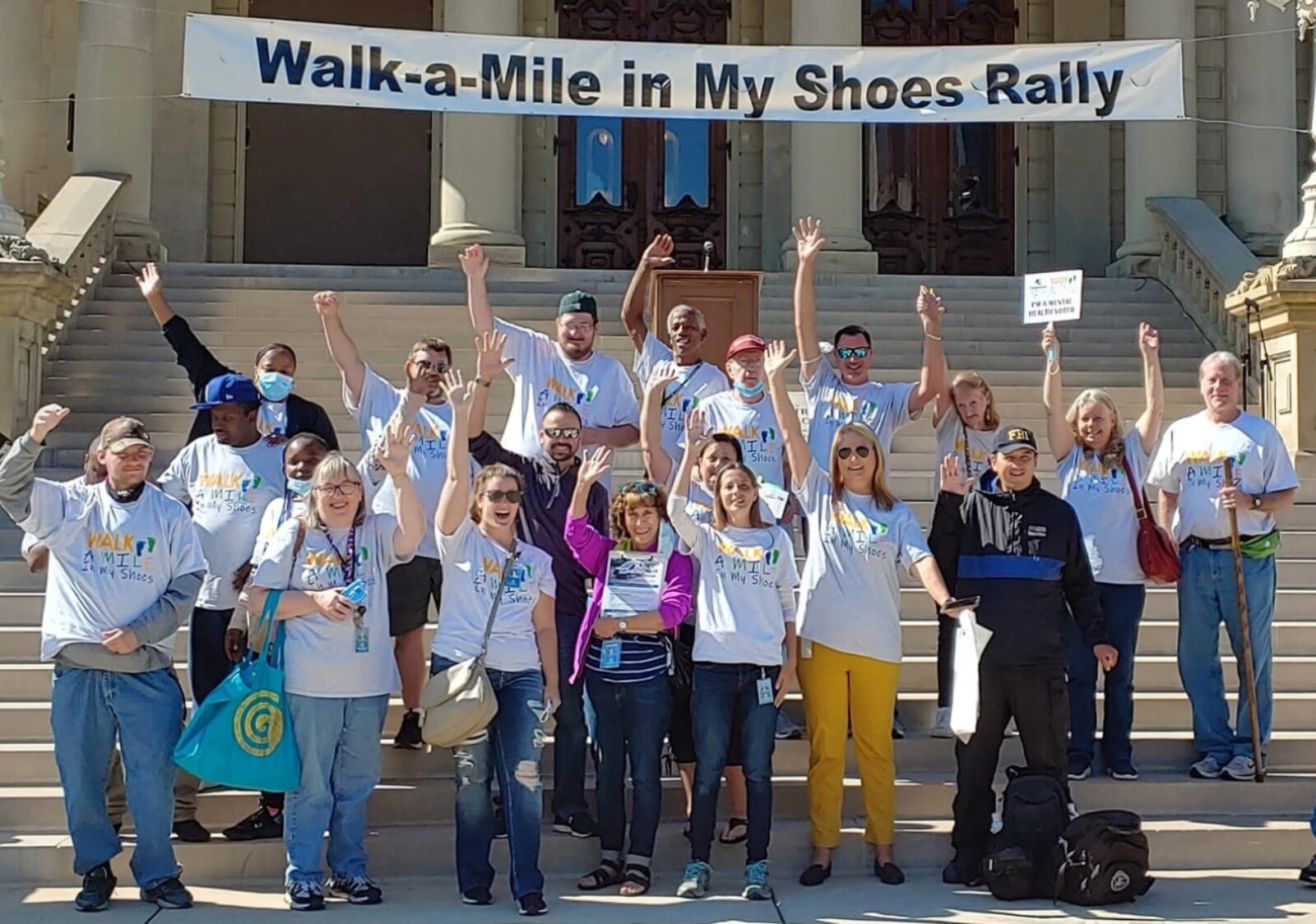
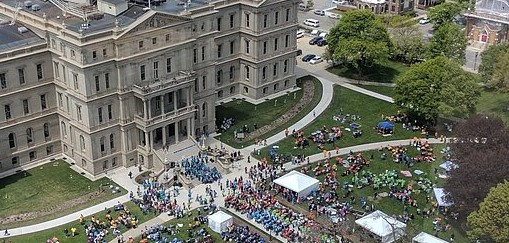
Latest on efforts to foster a practice-based path to social work licensure
As Weekly Update readers may remember, CMHA, the National Association of Social Workers (NASW)-Michigan Chapter, the Michigan Association of Deans and Directors of Graduate Schools of Social Work, and a range of allies have been working, for the past several years, on the development of a practice-based (as opposed to test-based) path to social work licensure.
Below is an excerpt from the most recent update from NASW-Michigan on these efforts. Much of this work (outside of the political action/lobbying components of this effort) have been supported by a grant provided by the Michigan Health Endowment Fund – a key partner in this effort.
It has been 20 years since Michigan’s social workers have had statewide licensure and no significant changes to the process have happened during that time. This presents a unique opportunity to assess how our current system has served social workers or unintentionally missed the mark as a licensing process. Like many states, Michigan continues to be experiencing a workforce shortage in many sectors of the social work profession.
Most of our community is familiar with the ASWB pass rate data. In July, the Social Work Grand Challenges published their Eliminate Racism Policy Brief where they made the case for complete removal of the ASWB exam. Additionally, the Oregon Board of Social Work completed their alternative pathways to social work licensure report related to their recommendation to remove the ASWB exam from licensing.
The full NASW recap can be found here.